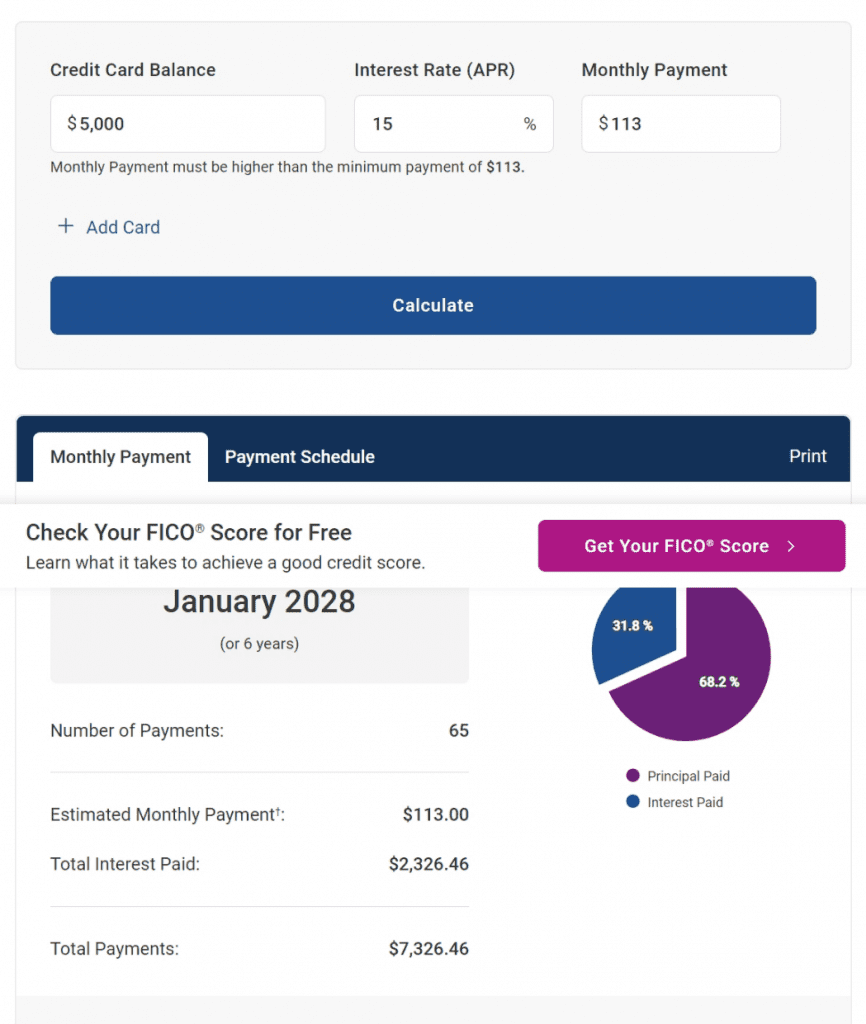Why is Holistic Financial and Investment Planning Important?
A pandemic changes the way people invest. For some, this means putting their money into assets that are safer. For others, it means rethinking how they decide how much risk to take. Others have to wait for the market to settle down. To survive the market slump, you need a well-balanced plan for your investments.
Looking at investing as a whole is more important than ever. A holistic investment approach encourages an investor to look at the whole investment portfolio and financial goals.
Holistic planning looks at your current financial picture as well as your future goals, your health, family, and other variables that are unique to you. When you take a holistic approach to financial planning, you acknowledge that both your life and your money can’t be controlled by a checklist.
Make Better Financial Decisions Through Streamlining
Debt
Paying off your debt is an important part of your investment strategy. Investing doesn’t mean you have to buy stocks or mutual funds. If the interest on your credit card debt is 15% a year, pay off the credit card debt first. You’ll save at least 15% a year. That’s investing: putting money away so you won’t have debt in the future.
Use 0% balance transfer offers with 2% to 4% fees to reduce interest and pay off debt. Maintain revolving debt at less than 10% of your credit limit. Otherwise, your credit will tank.
Not all debt is the same. There are good debts, such as a 3% to 5% mortgage loan, and bad debts, such as a 15% credit card debt. So, the first step is to take a look at the types of debt you have, how much you owe on them, and what their interest rates are. Decide which debts you should pay off first. Even if you have debt, you can still make saving a top priority. But you must compare the investment return against the interest rate on the debt. You might want to put saving and investing at the top of your list if they give you a higher rate of return than what your debts will cost you.

Priorities: Investment vs. Emergency Fund
Your income is the most important thing you can use to build wealth. You can’t build wealth with money that goes toward monthly payments. And if you start investing before you have enough money for an emergency fund, you’ll have to use your retirement investments to cover a sudden expense.
Be patient if you have a lot of debt. Don’t invest right now. After all, having a fully funded emergency fund and paying off debt is a great way to avoid a financial crisis.
- Put away at least $1,000 in case of an emergency. Save $50 per check to get started. A year has 26 pay checks. After a year, you’ll have $1,300 in your bank account before you know it.
- Keep putting away $50 from each paycheck until you think you have enough for at least three months of living expenses in case you lose your job. Finding a new job does take that long. Three months of savings are required at the very least.
- Contribute as much as you can to your 401(k) or Roth IRA. If you can, invest the least amount that your company will match 100%, because that’s free money. Use that to your fullest advantage.